Ucol 2 | Tablet | 10 pcs
৳ 50.00
Brand Name: Ucol Tablet
Generic: Tolterodine Tartrate
2 mg
Manufacturer: Square Pharmaceuticals Ltd.
Unit Price: ৳ 5.00 (6 x 10: ৳ 300.00)
Strip Price: ৳ 50.00
Indications
Therapeutic Class
Pharmacology
Dosage & Administration
The recommended dose for tolterodine is 2 mg twice daily. In case of troublesome side effects the dose may be reduced from 2 mg to 1 mg twice daily.
The recommended total daily dose of tolterodine is 2 mg (1 mg b.i.d.) for patients with impaired renal function, impaired liver function, or receiving concomitant medication with potent CYP3A inhibitors, such as macrolide antibiotics (e.g. erythromycin and clarithromycin) or azole antifungal agents (e.g. ketoconazole, itraconazole and miconazole). After six months the need for further treatment should be considered.
Interaction
Pharmacokinetic interactions are possible with other drugs metabolised by or inhibiting cytochrome P450 2D6 (CYP2D6) or CYP3A4. Concomitant treatment with fluoxetine does not result in a clinically significant interaction.
Ketoconazole, a potent inhibitor of CYP3A, significantly increased plasma concentrations of tolterodine when coadministered to poor metabolisers (i.e. persons devoid of CYP2D6 metabolic pathway).
Clinical studies have shown no interactions with warfarin or combined oral contraceptives (ethinyloestradiol or levonorgestrel).
Contraindications
Side Effects
Pregnancy & Lactation
There are no studies in pregnant women. Therefore, tolterodine should be used during pregnancy only if the potential benefit justifies the potential risk to the fetus.
Use of tolterodine during lactation should be avoided since no data on excretion of the drug into breast milk in humans is available.
Precautions & Warnings
Tolterodine should be used with caution in the following patients:
- at risk for urinary retention
- at risk for decreased gastrointestinal motility
- with impaired renal function
- with impaired hepatic function
Organic reasons for urge and frequency should be considered before treatment.
Use in Special Populations
Pediatric use: Safety and effectiveness of tolterodine in children have not been established.
Geriatric use: No overall differences in safety were observed between the older and younger patients treated with Tolterodine.
Overdose Effects
Storage Conditions
| Generic Name | Tolterodine Tartrate |
|---|---|
| Tablet | 2 mg |
Only logged in customers who have purchased this product may leave a review.


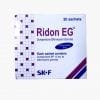

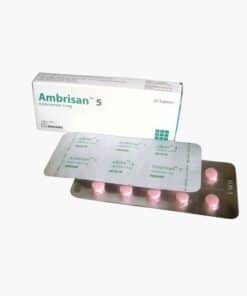

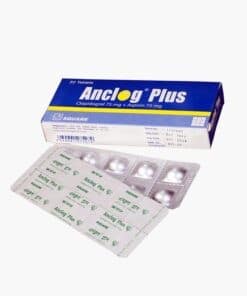
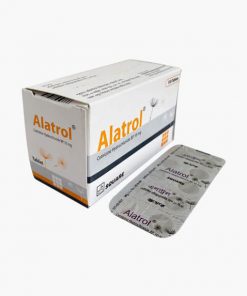
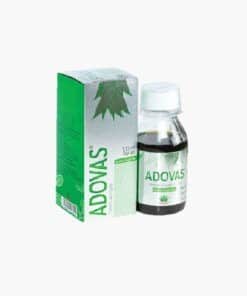
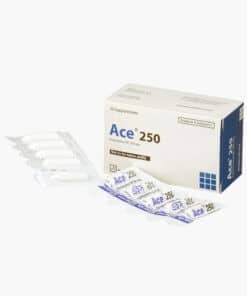

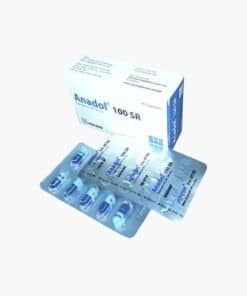
Reviews
There are no reviews yet.